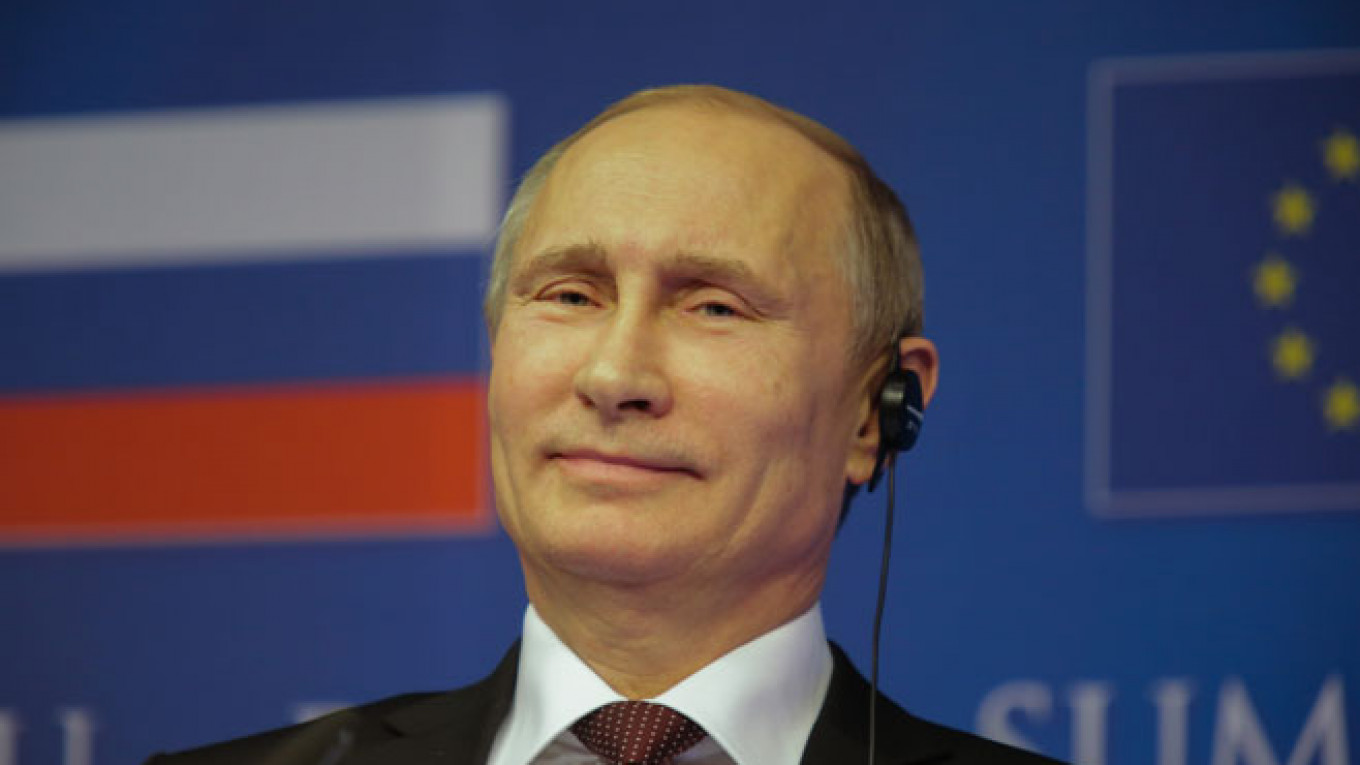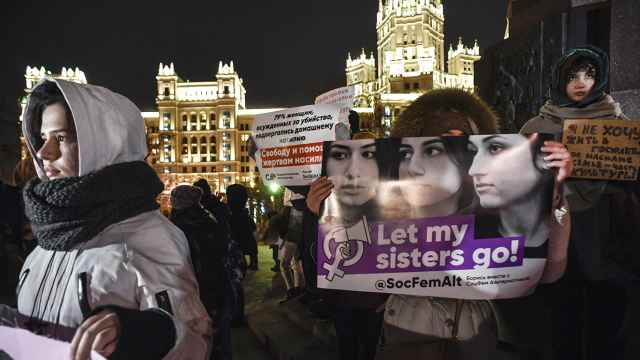Позиционироваться: to position
In Moscow, I have lived through two ideologies, two Olympics, two revolutions and several economic crises. I have wept through terrorist attacks. I have lost all my savings a couple of times. I am always getting paid in whatever currency is losing value. This week I think: I am getting too old for this.
Through my panic about war, I'm trying to understand the logic behind Russian actions. So I have been reading documents, including the пояснительная записка (explanatory note) prefacing a bill to change the way Russia accepts new territories, a fast track for Crimea or any other part of Ukraine.
The note is written mostly in a bureaucratic, legalistic jargon that signals the work of serious international law specialists. The text is peppered with Latin quotes, like "rebus sic stantibus," which is always a sign of Jesuitical, um, serious scholarship.
As I read along, I am a little puzzled that the Budapest Memorandum of 1994 is not mentioned, but the 1997 treaty between Russia and Ukraine is. The text about the treaty starts out fine: Именно Россия гарантировала территориальную целостность Украины (It was Russia that guaranteed the territorial integrity of Ukraine). And it continues well: Фактически Россия как гарант территориальной целостности Украины … (In fact, Russia as a guarantor of the territorial integrity of Ukraine … ).
But then it goes south: … не только вправе, но и обязана принять меры поддержки народа Украины, которые подтолкнули бы власти Украины к наведению должного порядка, без насилия и дискриминации по отношению к национальным меньшинствам (… does not only have the right, but is obligated to take measures to support the people of Ukraine, measures which would push the authorities of Ukraine to implement an appropriate system, without violence and discrimination against national minorities).
So the writers extrapolate that respecting the territorial integrity of Ukraine actually entails interference in the internal matters of Ukraine. But they are still hobbled by that territorial integrity bit. How to get around it?
Easy-peasy: Redefine "territorial integrity." It is not, as you might think, territorial integrity after all. Применительно к регионам Украины речь идёт не о части государства (как субъекта международного права и как аппарата обеспечения власти), а о части территории и её населении, относительно недавно законодательно отделённой от России (With regard to the regions of Ukraine, this does not mean the part of the state (which is the subject of international law and the apparatus providing power), but the part of the territory and its population, which were legislatively separated from Russia relatively recently).
So if I have got this right, in the treaties Russia signed, territorial integrity only applies to the state structures of Ukraine, but not the actual territory or people living there. Besides, these territories and people were not really part of Ukraine. The text continues with one of those slippery "как известно" (as everyone knows) statements that really means "as no one could ever imagine": Исторически, как известно, в течение столетий эти территории позиционировались как часть единой страны — Российской Империи, затем — Советского Союза. (Historically, as everyone knows, for centuries these territories were positioned as part of a unified country — the Russian Empire and then the Soviet Union.)
Did you get that? For centuries, territories like Crimea were marketed as part of Russia. And then "relatively recently" they were positioned as Ukrainian. Now Russia is simply rebranding Crimea as part of Russia again.
I am really too old for this.
Michele A. Berdy, a Moscow-based translator and interpreter, is author of "The Russian Word's Worth" (Glas), a collection of her columns.
A Message from The Moscow Times:
Dear readers,
We are facing unprecedented challenges. Russia's Prosecutor General's Office has designated The Moscow Times as an "undesirable" organization, criminalizing our work and putting our staff at risk of prosecution. This follows our earlier unjust labeling as a "foreign agent."
These actions are direct attempts to silence independent journalism in Russia. The authorities claim our work "discredits the decisions of the Russian leadership." We see things differently: we strive to provide accurate, unbiased reporting on Russia.
We, the journalists of The Moscow Times, refuse to be silenced. But to continue our work, we need your help.
Your support, no matter how small, makes a world of difference. If you can, please support us monthly starting from just $2. It's quick to set up, and every contribution makes a significant impact.
By supporting The Moscow Times, you're defending open, independent journalism in the face of repression. Thank you for standing with us.
Remind me later.








